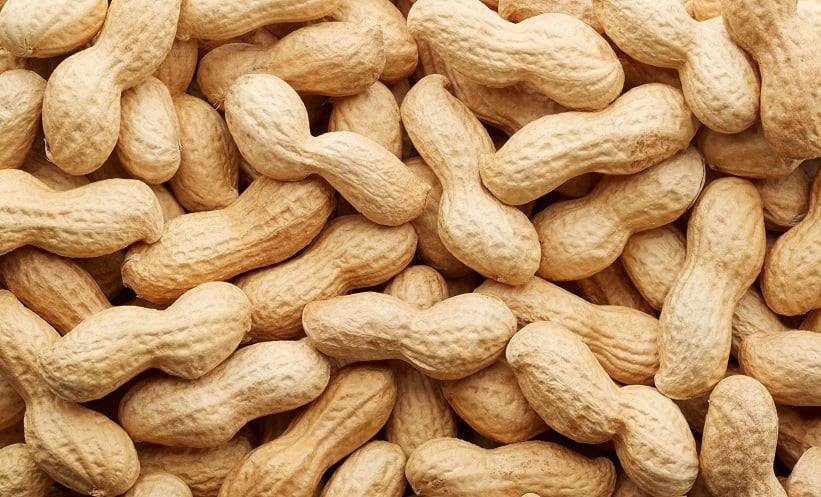THE USE of peanut oral immunotherapy (OIT) was found to be an effective treatment for peanut allergy in children, desensitising them to the allergy and improving their quality of life, according to a study conducted in Australia.
The most common allergy in children that persists into adulthood is peanut allergy, affecting around one in 10 children in Australia. Avoidance is an equally common therapeutic option, and has been the default standard of care for several years. This study aimed to assess an alternative treatment option, peanut OIT, comparing its efficacy and safety profile to avoidance. The study was also conducted with parents in mind, so that they can measure out and administer the correct doses at home.
The purpose of peanut OIT is to give the patient regular doses of peanut protein, increasing the amount in specific increments every day until a tolerance is built up. While this approach is promising in the treatment of peanut allergy, limited research has been conducted in terms of real-world application, particularly in very young children.
To research this, 54 children aged 1–4 years were randomly assigned to receive either peanut OIT, or to continue with the standard of care (avoidance) over a period of 12 months in an unblinded RCT. The maintenance dose reached for those receiving peanut OIT was 360 mg. Desensitisation, in which the children would be able to consume and tolerate a minimum amount of peanut protein equal to 600 mg by the time treatment had ended, was set as the primary objective of the study.
Ultimately, the threshold for desensitisation was met by 74% peanut OIT participants, though only 41% passed the food challenge held at the end of the treatment period, compared to 11% and 7% of the avoidance group, respectively. Additionally, a total of 79 adverse events related to treatment were reported in the group receiving peanut OIT, with a median of 2 events occurring per child. However, based on the Food Allergy Quality of Life Questionnaire-Parent Form, there was a meaningful increase in quality of life in the children assigned to the peanut OIT group by the end of the study, with a mean difference of –0.5 (p=0.041).
The findings of this study indicate that peanut OIT, when delivered in low doses and guided by parents, can be an effective early intervention for children with peanut allergy, particularly when taking into account the parent-reported quality of life improvements.
Reference
O’Sullivan M et al. Pragmatic low-dose oral immunotherapy for preschool children with peanut allergy: a randomised controlled trial. Clin Exp Allergy. 2025;DOI:10.1111/cea.70126.





